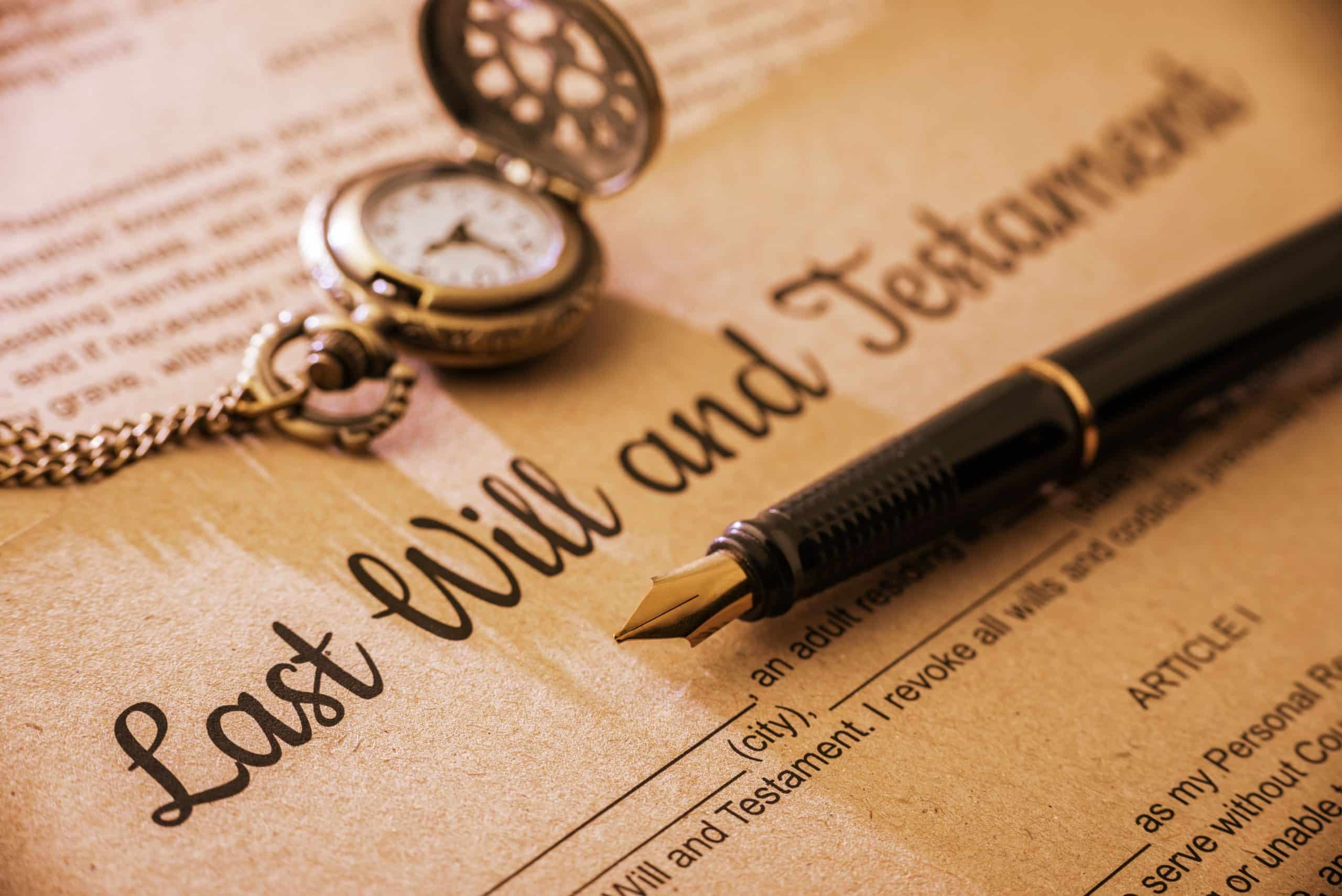Legacy Design Strategies
Omaha, NE, Minot, ND and Iowa Fall, IA Estate Planning and Elder Law Firm
Estate Planning and Elder Law Blog

A last will and testament is used to point out the beneficiaries and trustees and the legal professionals you want to be involved with your estate when you have passed, explains this recent article “What You Need To Know About Handling a Will and Trust from Your Dearly Departed Loved One” from North Forty News. If there are minor children in the picture, the last will is used to direct who will be their guardians.
A trust is different than the last will. A trust is a legal entity where one person places assets in the trust and names a trustee to be in charge of the assets in the trust on behalf of the beneficiaries. The assets are legally protected and must be distributed as per the instructions in the trust document. Trusts are a good way to reduce paperwork, save time and reduce estate taxes.
Don’t go it alone. If your loved one had a last will and trust, chances are they were prepared by an estate planning lawyer. The estate planning attorney can help you go through the legal process. The attorney also knows how to prepare for any possible disputes from relatives.
It may be more complicated than you expect. There are times when honoring the wishes of the deceased about how their property is distributed becomes difficult. Sometimes, there are issues between the beneficiaries and the last will and trust custodians. If you locate the attorney who was present at the time the last will was signed and the trusts created, she may be able to make the process easier.
Be prepared to get organized. There’s usually a lot of paperwork. First, gather all of the documents—an original last will, the death certificate, life insurance policies, marriage certificates, real estate titles, military discharge papers, divorce papers (if any) and any trust documents. Review the last will and trust with an estate planning attorney to understand what you will need to do.
Protect personal property and assets. Homes, boats, vehicles and other large assets will need to be secured to protect them from theft. Once the funeral has taken place, you’ll need to identify all of the property owned by the deceased and make sure they are property insured and valued. If a home is going to be empty, changing the locks is a reasonable precaution. You don’t know who has keys or feels entitled to its contents.
Distribution of assets. If there is a last will, it must be filed with the probate court and all beneficiaries—everyone mentioned in the last will has to be notified of the decedent’s passing. As the executor, you are responsible for ensuring that every person gets what they have been assigned. You will need to prepare a document that accounts for the distribution of all properties, which the court has to certify before the estate can be closed.
Taking on the responsibility of finalizing a person’s estate is not without challenges. An estate planning attorney can help you through the process, making sure you are managing all the details according to the last will and the state’s laws. There may be personal liability attached to serving as the executor, so you’ll want to make sure to have good guidance on your side.
Reference: North Forty News (Feb. 3, 2021) “What You Need To Know About Handling a Will and Trust from Your Dearly Departed Loved One”

Get Started Today
Book your Free Estate Planning Consultation Now
Stay Up-To Date
Subscribe to Our eNewsletter
9859 South 168th Avenue,
Omaha, NE 68136
7 Third Street SE, Suite 202,
Minot, ND 58701
320 North Oak Street, PO Box 295,
Iowa Falls, IA 50126
